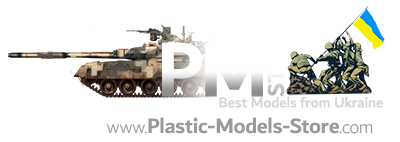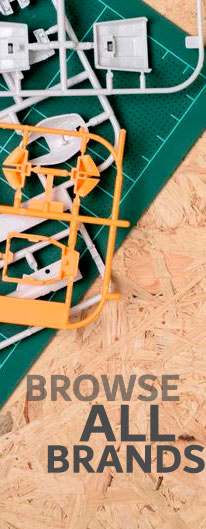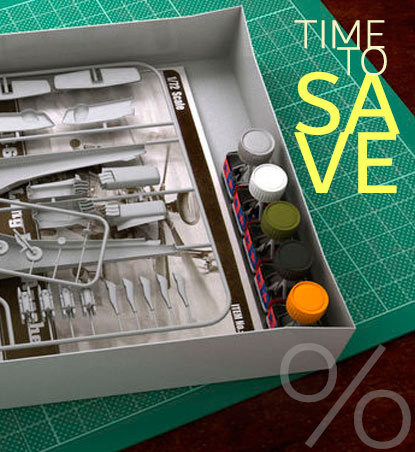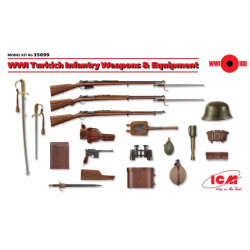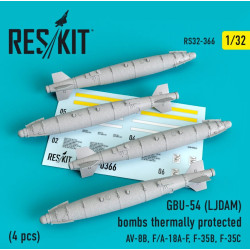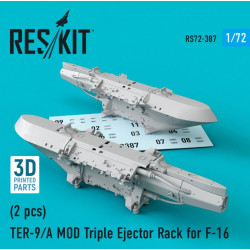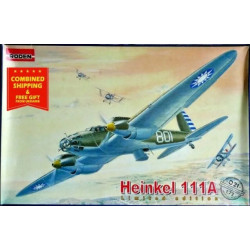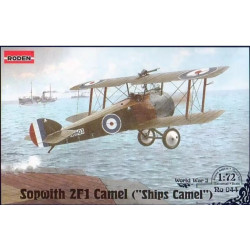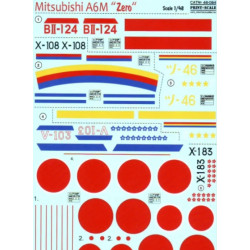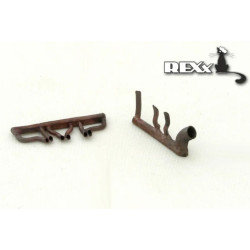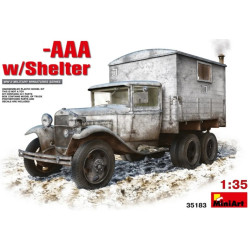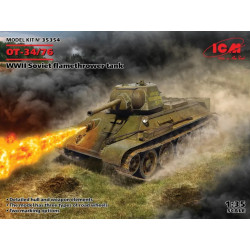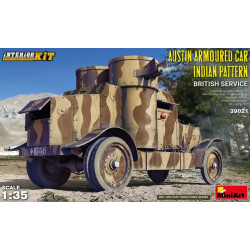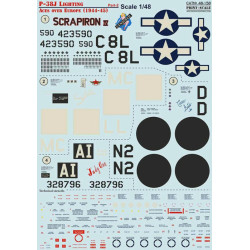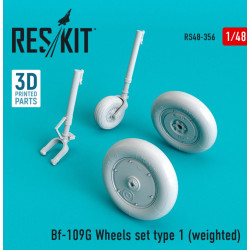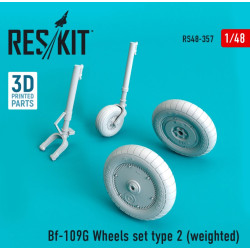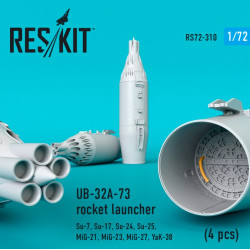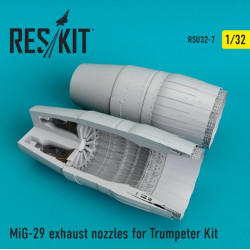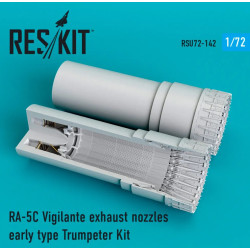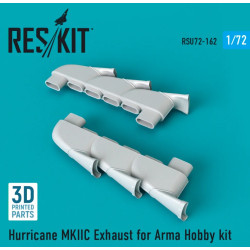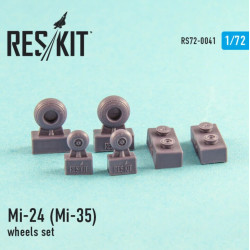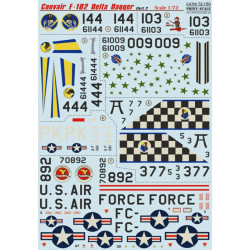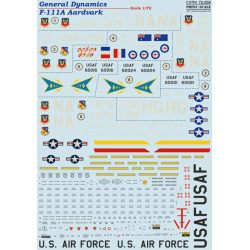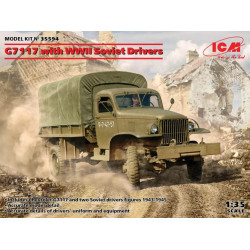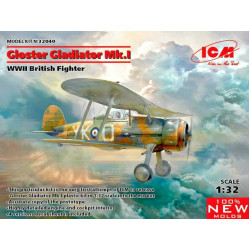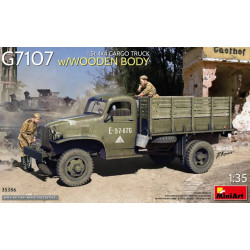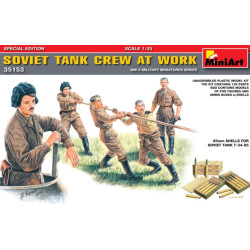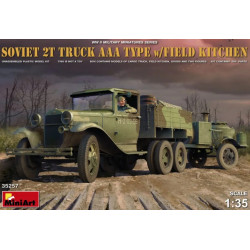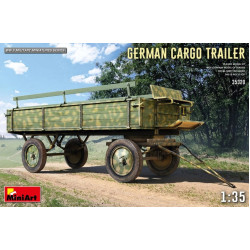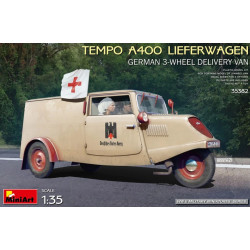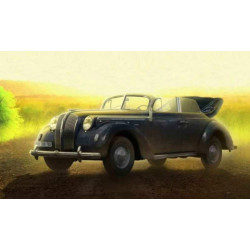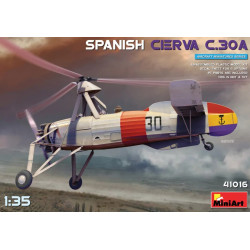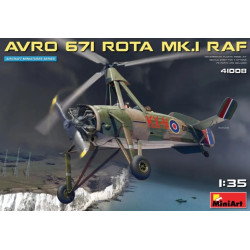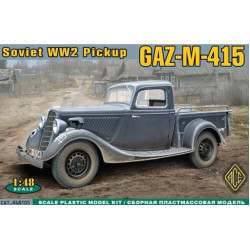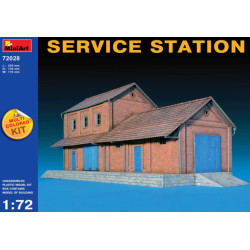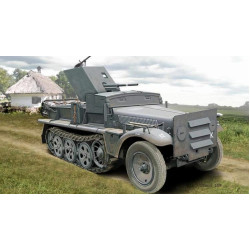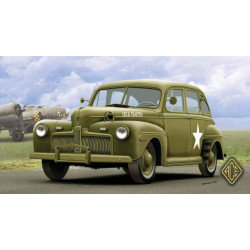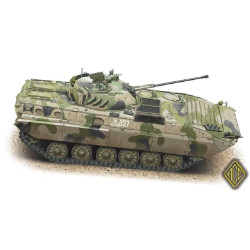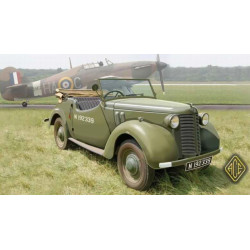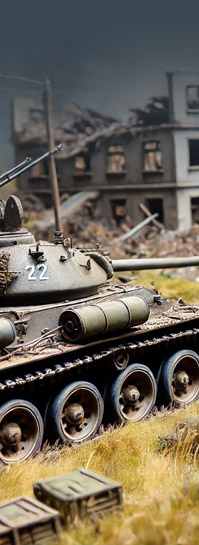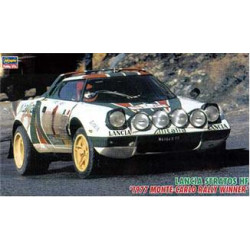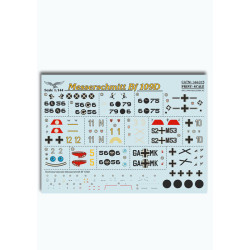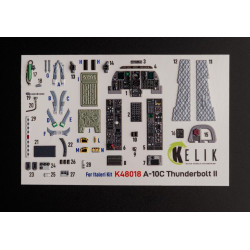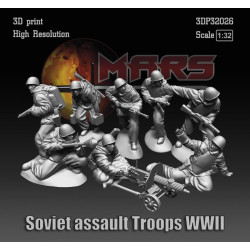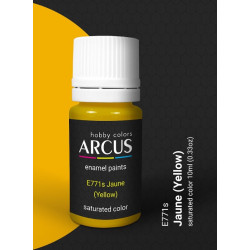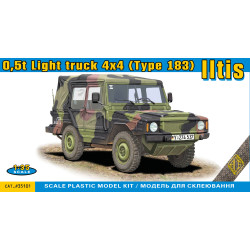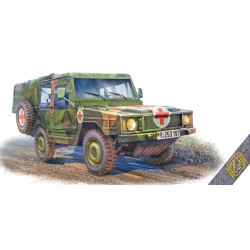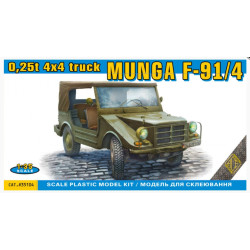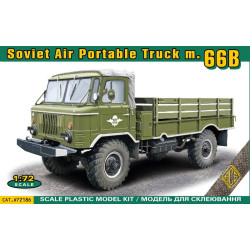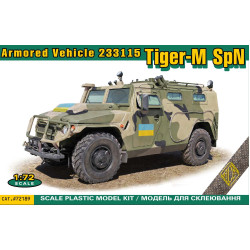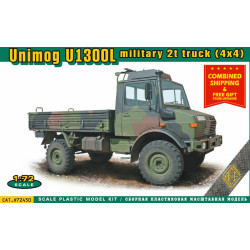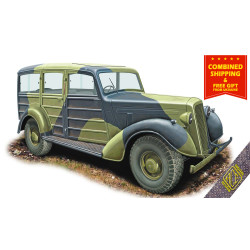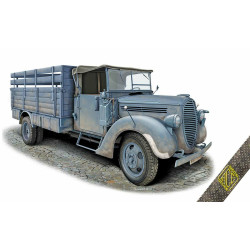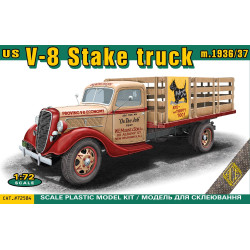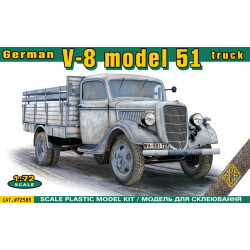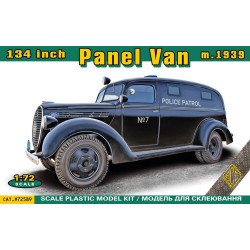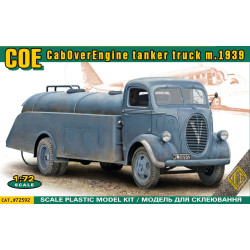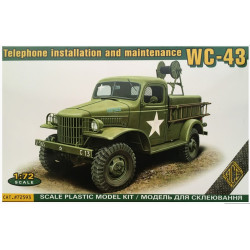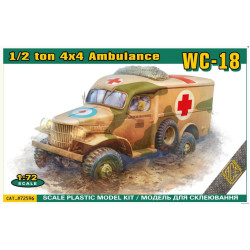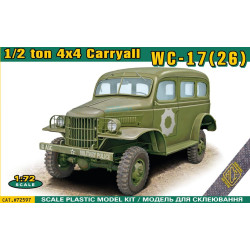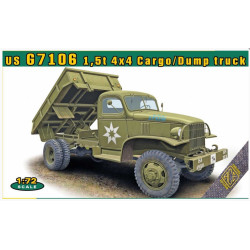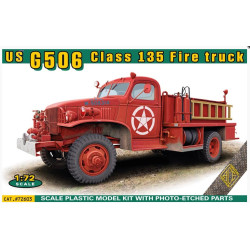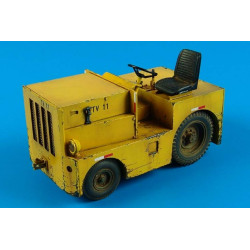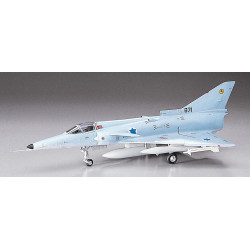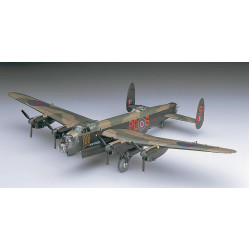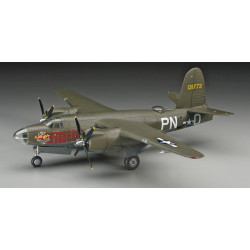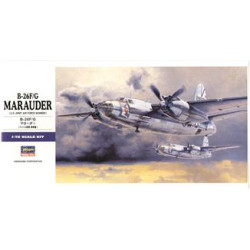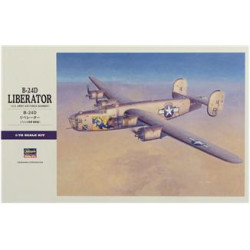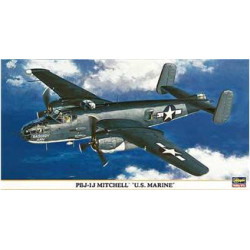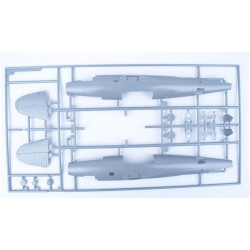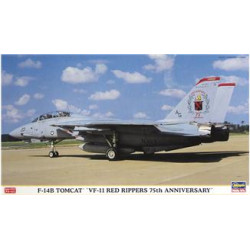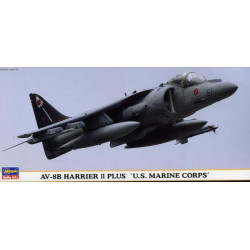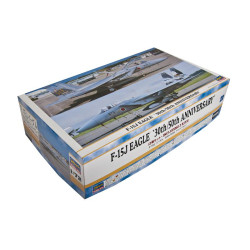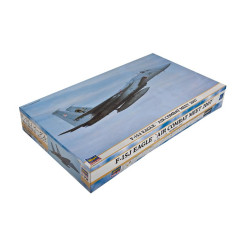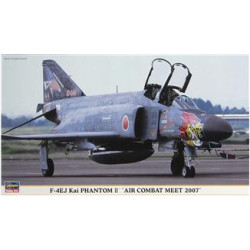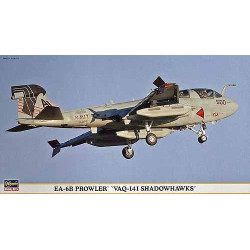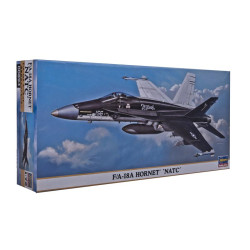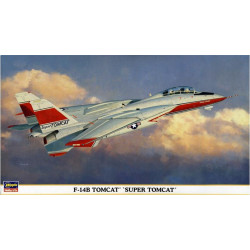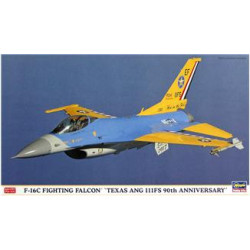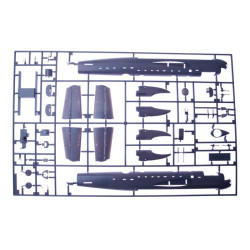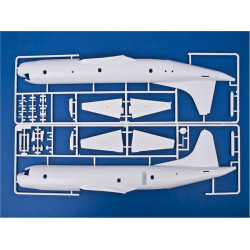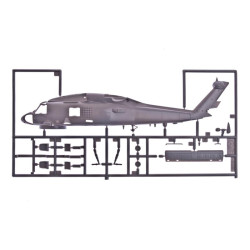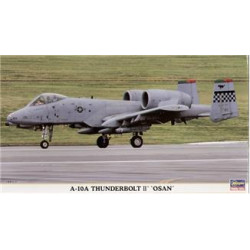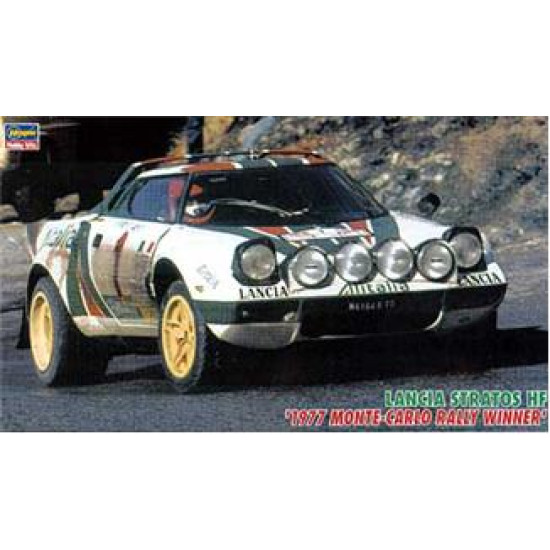
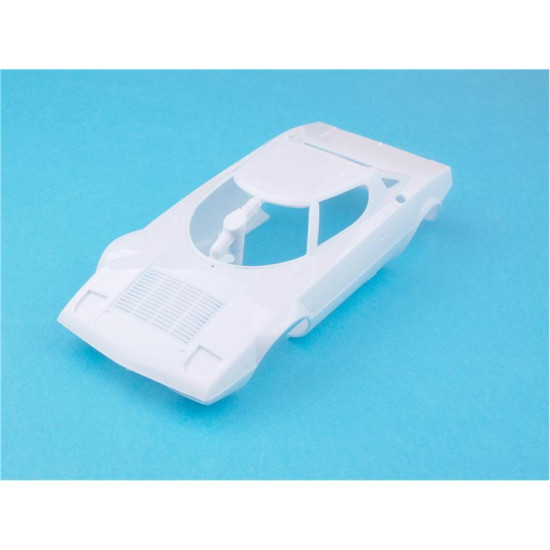
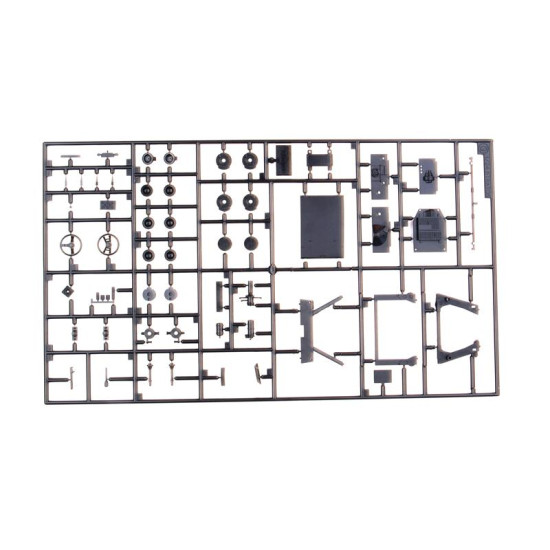
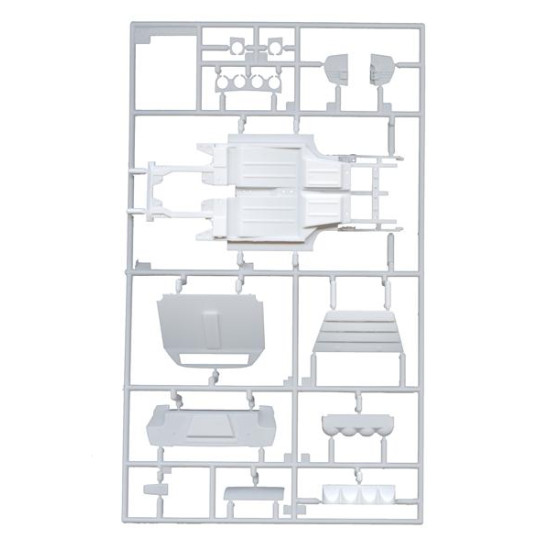
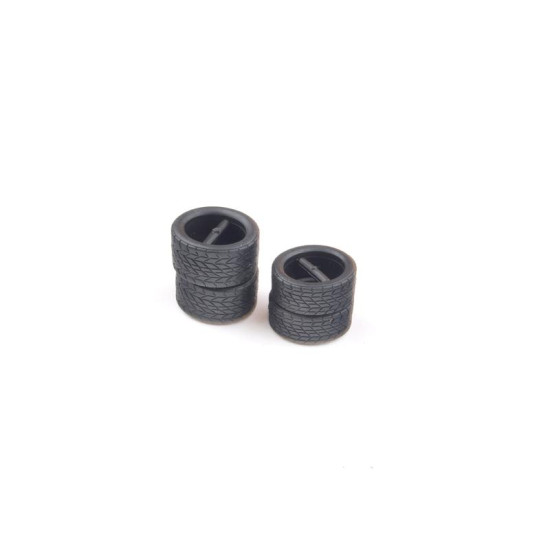
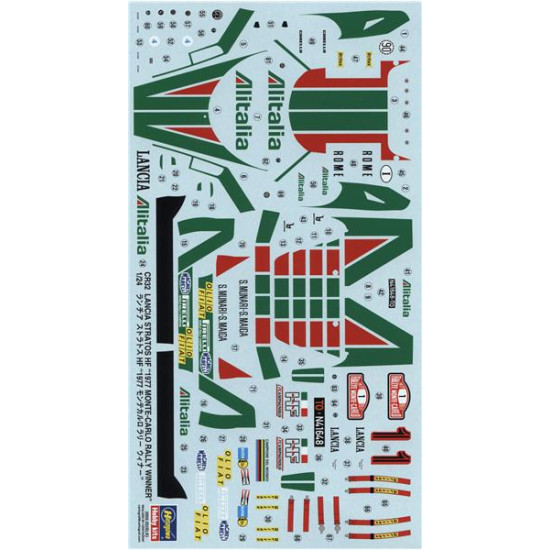






Lancia Stratos (1977 Monte-Carlo Rally Winner)
1/24 Car
Hasegawa 25032
Manufacturer: Hasegawa
Scale: 1/24
Material: Plastic
Paint: Unpainted, Unassembled, Kit do not contain paints and glue.
Condition: New in Box
The Lancia Stratos HF (Tipo 829), widely and more simply known asLancia Stratos, is a car made by Italian car manufacturer Lancia. The HF stands for High Fidelity. It was a very successful rally car, winning the World Rally Championship in 1974, 1975 and 1976.
A Bertone-designed concept car called the Lancia Stratos Zero was shown to the public in 1970, but shares little but the name and mid-engined layout with the Stratos HF version. A new car called the New Stratos was announced in 2010 which was heavily influenced by the design of the original Stratos, but was based on a Ferrari chassis and engine.Lancia presented the Bertone-designed Lancia Stratos HF prototype at the 1971 Turin Motor Show, a year after the announcement of the Stratos Zero concept car. The prototype Stratos HF (Chassis 1240) was fluorescent red in colour and featured a distinctive crescent-shaped-wrap-aroundwindshield providing maximum forward visibility with almost no rear visibility. The prototype had three different engines in its early development life: the Lancia Fulvia engine, the Lancia Beta engine and finally for the 1971 public announcement, the mid-mounted Dino Ferrari V6 producing 192 PS (141 kW).
The Stratos was a very successful rally car during the 1970s and early 1980s. It started a new era in rallying as it was the first car designed from scratch for this kind of competitionhe three leading men behind the entire rallying project were Lancia team manager Cesare Fiorio, British racer/engineer Mike Parkes and factory rally driver Sandro Munari.
Lancia did extensive testing with the Stratos and raced the car in several racing events where Group 5 prototypes were allowed during the 1972 and 1973 seasons. Production of the 500 cars required for homologation in Group 4 commenced in 1973 and the Stratos was homologated for the 1974 World Rally Championship season.Powered by the Dino 2.4 L V6 engine that was also fitted to the rallying versions, but in a lower state of tune, it resulted in a power output of 190 PS (140 kW), giving the road car a 0-60 mph time of just under five seconds, and a top speed of 144 mph (232 km/h). The car was sold as the Lancia Stratos Stradale.or racing, the engine was tuned up to 280 PS (206 kW) and even to 560 PS (412 kW) with a single KKK turbocharger. However, turbocharged versions were only allowed to compete in Group 5 and were never as reliable as their naturally aspirated counterparts.
The car won the 1974, 1975 and 1976 championship titles in the hands of Sandro Munari and Björn Waldegård, and might have gone on to win more had not internal politics within the Fiat group placed rallying responsibility on the Fiat 131 Abarths. As well as victories on the 1975, 1976 and 1977 Monte Carlo Rally, all courtesy of Munari, the Stratos won the event with the private Chardonnet Team as late as1979.When the Fiat group favoured the Fiat 131 for rallying Lancia also built two Group 5 turbocharged 'silhouette' Stratos for closed-track endurance racing. These cars failed against the Porsche 935s on closed tracks but proved successful in hybrid events. While they failed in the Tour de France Automobile, one of these cars won the 1976 Giro d'Italia Automobilistico, an Italian counterpart of the Tour de France Automobile. Unfortunately one of the cars was destroyed in Zeltweg, when it caught fire due to overheating problems.The last surviving car would win the Giro d'Italia event again before it was shipped toJapan to compete in the Fuji Speedway based Formula Silhouette series, which was never raced. The car would then be sold and reside in the Matsuda Collection before then being sold to the renowned collector of Stratos', Christian Hrabalek, a car designer and the founder of Fenomenon Ltd, who has the largest Lancia Stratos Collection in the world, 11 unique Lancia Stratos cars, including the fluorescent red 1971 factory prototype and the 1977 Safari Rally car.The Lancia Stratos 0 (or Zero) pre-empted the Lancia Stratos HF prototype by 12 months and was first shown to the public at the Turin Motor Show in 1970. The futuristic bodywork was designed by Marcello Gandini, head designer at Bertone, and featured a 1.6 L Lancia Fulvia V4 engine.
| General Product Info | |
| Material | NOT SET |
| Scale | 1/24 |
| Type | NOT SET |
We have the lowest worldwide shipping. And it's totally simple.
EUROPE, USA, CANADA TURKEY, ISRAEL, EGYPT, UE CHINA, JAPAN, HK, S.KOREA | AU NZ MX South America, Asia | |
| Order weight up to 0.22kg or 0.48lb | US$ 8.90 | US$ 8.90 |
| Order weight up to 0.44kg or 0.97lb | US$ 13.95 | US$ 17.90 |
| Order weight over 0.44kg or 0.97lb | US$ 19.99 | US$ 29.99 |
| Order total over $150 | FREE | PROMO US$ 19.99 |
Shipping to some countries not qualifies for the free shipping option but costs not over $29.99 for any sized order. Sorry for that, your location is too far.
- Stock: Out Of Stock
- Model: HA25032
- Weight: 0.63lb
- DATE ADDED: 08/04/2014
